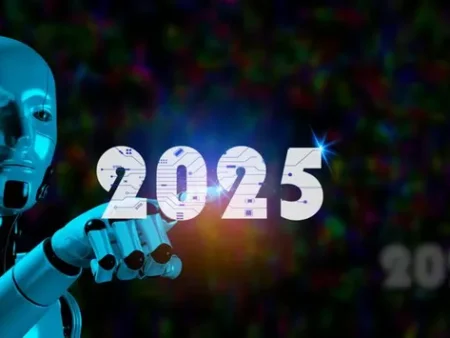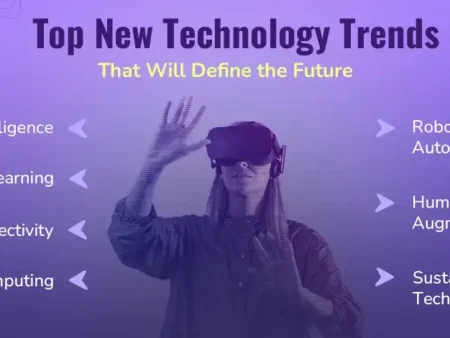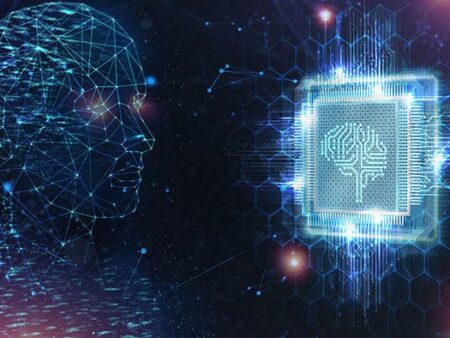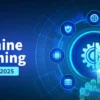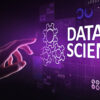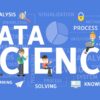In 2025, data science continues to be a transformative force, driving innovations across industries like healthcare, finance, e-commerce, and manufacturing. By combining AI, machine learning, and big data analytics, businesses are optimizing operations, personalizing customer experiences, and predicting trends with unprecedented accuracy. The demand for skilled professionals, including AI specialists and data privacy experts, has surged, as companies invest heavily in data-driven solutions. However, with this rapid growth comes the challenge of addressing ethical concerns such as data privacy, algorithmic fairness, and transparency. As the field evolves, data science promises even greater breakthroughs, particularly with advancements in real-time data processing, edge computing, and quantum technology.
The Rise of Data Science in 2025: Transforming Industries and Shaping the Future
As we move further into 2025, data has cemented its position as the driving force behind business decisions, innovation, and societal change. Data science, a multidisciplinary field that combines statistical analysis, computer science, and domain expertise, is continuously evolving and reshaping industries worldwide.
Key Highlights:
- The Evolution of Data Science: Data science is no longer just about analyzing numbers. Today, it encompasses everything from AI-driven automation to real-time analytics, powering decision-making in virtually every sector.
- Impact Across Industries: Data science is at the heart of transformation in healthcare, finance, e-commerce, and beyond, enabling efficiency, innovation, and personalized solutions.
- Surging Demand for Data Professionals: As businesses continue to invest in data-driven strategies, the need for skilled professionals in data science has surged. In 2025, roles such as machine learning engineers, AI specialists, and data privacy experts have become essential.
- AI and Automation: Artificial intelligence (AI) and machine learning (ML) are key enablers, allowing companies to automate processes, predict trends, and uncover hidden patterns in data.
- Ethical Considerations: The rapid growth of data science in 2025 comes with increased responsibility, highlighting the need for strong ethical frameworks to address issues like data privacy, bias, and transparency.
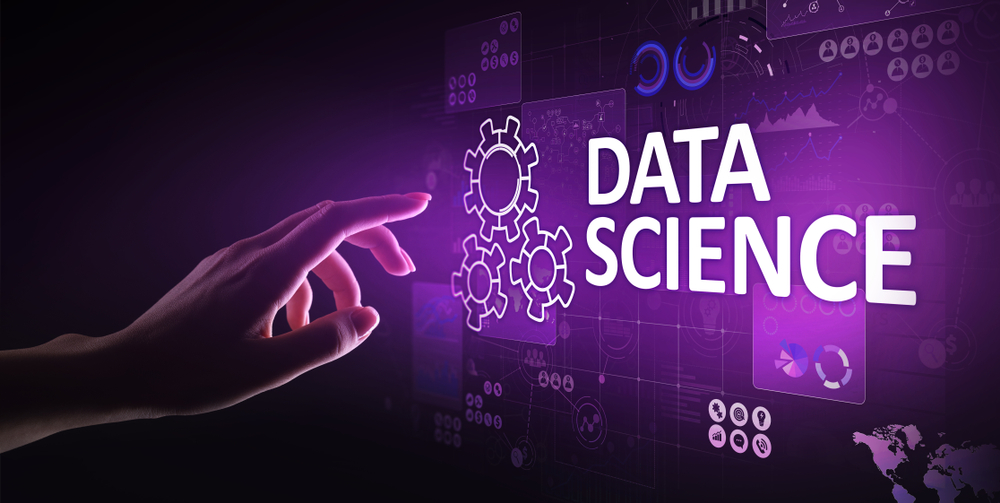
How Data Science Is Impacting Key Sectors in 2025
- Healthcare:
Data science is revolutionizing patient care in 2025. AI-driven diagnostic tools now predict patient outcomes with higher accuracy, and predictive modeling is helping healthcare providers forecast disease outbreaks and optimize treatment plans. Personalized medicine has become mainstream, with genetic data and lifestyle information powering tailored treatment approaches. - Finance:
The financial sector has been transformed by real-time data analysis and AI-powered algorithms. In 2025, data science plays a critical role in everything from algorithmic trading and fraud detection to risk management. AI-based credit scoring models have improved lending accuracy and fairness, while predictive analytics helps financial institutions make proactive decisions. - E-commerce:
E-commerce platforms in 2025 are more personalized than ever. Data science enables hyper-targeted marketing strategies by predicting customer behavior, optimizing product recommendations, and forecasting demand. AI-powered chatbots and virtual shopping assistants are now commonplace, enhancing customer engagement and satisfaction. - Manufacturing:
Manufacturing in 2025 is driven by data science. Smart factories are increasingly reliant on predictive analytics for supply chain optimization and equipment maintenance. Data-driven insights help manufacturers improve production efficiency, minimize waste, and even anticipate equipment failures before they occur, ensuring seamless operations.
Data Science Career Trends in 2025
- Rising Demand for Experts: According to recent reports, the demand for data scientists and related professionals has grown by over 30% since 2023. As more organizations seek to leverage the power of data, there is an increasing need for roles such as data engineers, AI specialists, and data privacy officers.
- Specialized Roles: In addition to traditional data science positions, newer roles are emerging. For instance, AI ethics officers are becoming a critical part of tech companies, ensuring that AI systems are used responsibly and fairly.
- Skills in Demand: As data science continues to evolve, proficiency in advanced machine learning techniques, big data tools (like Hadoop and Spark), and knowledge of emerging technologies like quantum computing are now in high demand.
Challenges and the Road Ahead
While data science has unlocked unprecedented opportunities, there are challenges that remain. In 2025, data privacy concerns have intensified with the proliferation of digital data, especially in healthcare and finance sectors. Ensuring fairness in AI models, preventing bias, and maintaining transparency in decision-making are ongoing priorities for data scientists. Regulatory bodies are also stepping up to ensure that ethical standards are upheld in the use of AI and machine learning.
The future of data science lies in integrating more advanced AI models, harnessing the potential of edge computing, and improving real-time data processing. Furthermore, as we approach an era of widespread 5G and quantum computing, the scope and capabilities of data science will expand exponentially.
Conclusion
Data science in 2025 is far beyond the analytical tools of the past. It is driving change across industries, creating new business opportunities, and shaping the future of how we live and work. As companies embrace more sophisticated AI models and real-time data analytics, the landscape of data science will continue to evolve, offering boundless possibilities for innovation and growth.
